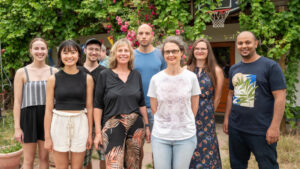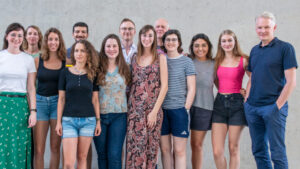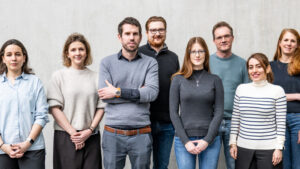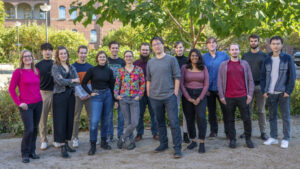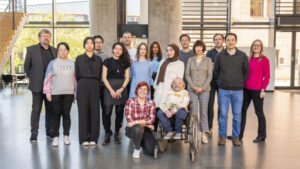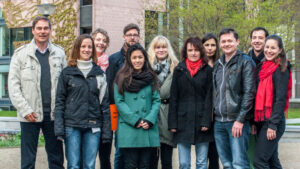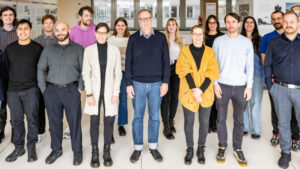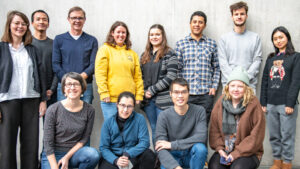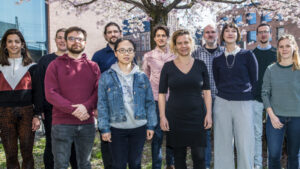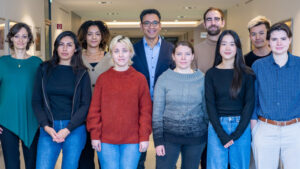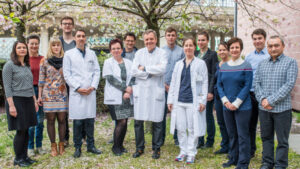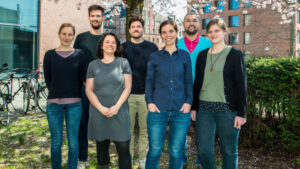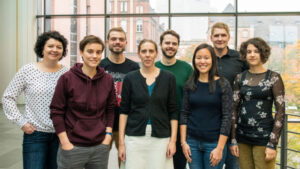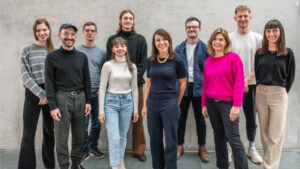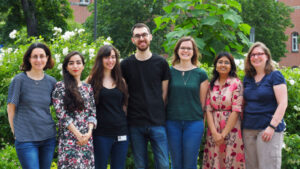Pathophysiology of Rheumatic Inflammation
Programme area 1
Head: Prof. Dr. Eicke Latz
Programme area 1 focuses on pioneering work to decipher the causes and mechanisms behind chronic inflammation and rheumatic diseases. Our team investigates how the immune system contributes to the maintenance of health under normal circumstances and which factors lead to it being misdirected and triggering diseases. Using state-of-the-art investigations at cellular and molecular level, we are opening up new opportunities to intervene specifically in inflammatory processes. The aim is to develop both preventive and curative therapies that are individually tailored to the needs of each patient.
The mechanisms of immune activation that we have identified are crucial for understanding a broad range of autoinflammatory, autoimmune and chronic inflammatory rheumatic diseases. We use preclinical models and human translational studies to confirm and understand the importance of these mechanisms for the diseases. These include detailed analyses of biomaterials from patients as well as observational studies that allow us to test the efficacy of our therapeutic approaches in real clinical scenarios.

 Deutsch
Deutsch